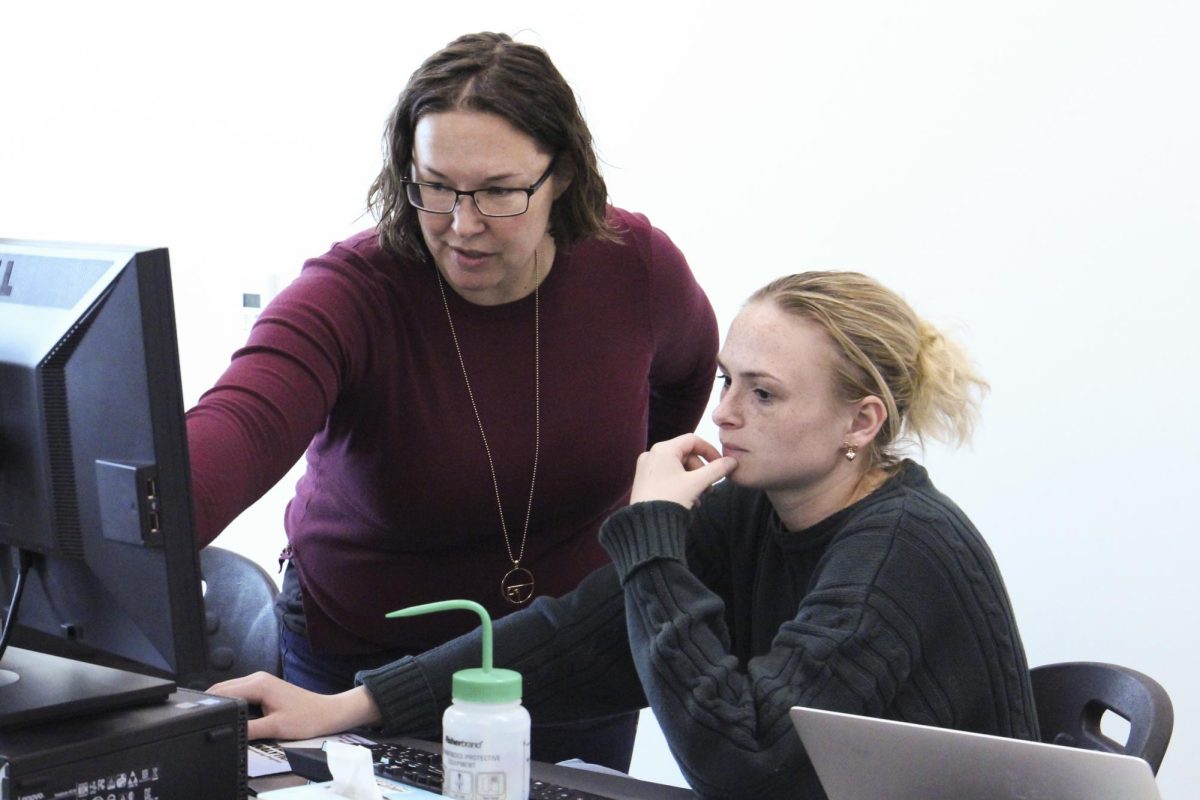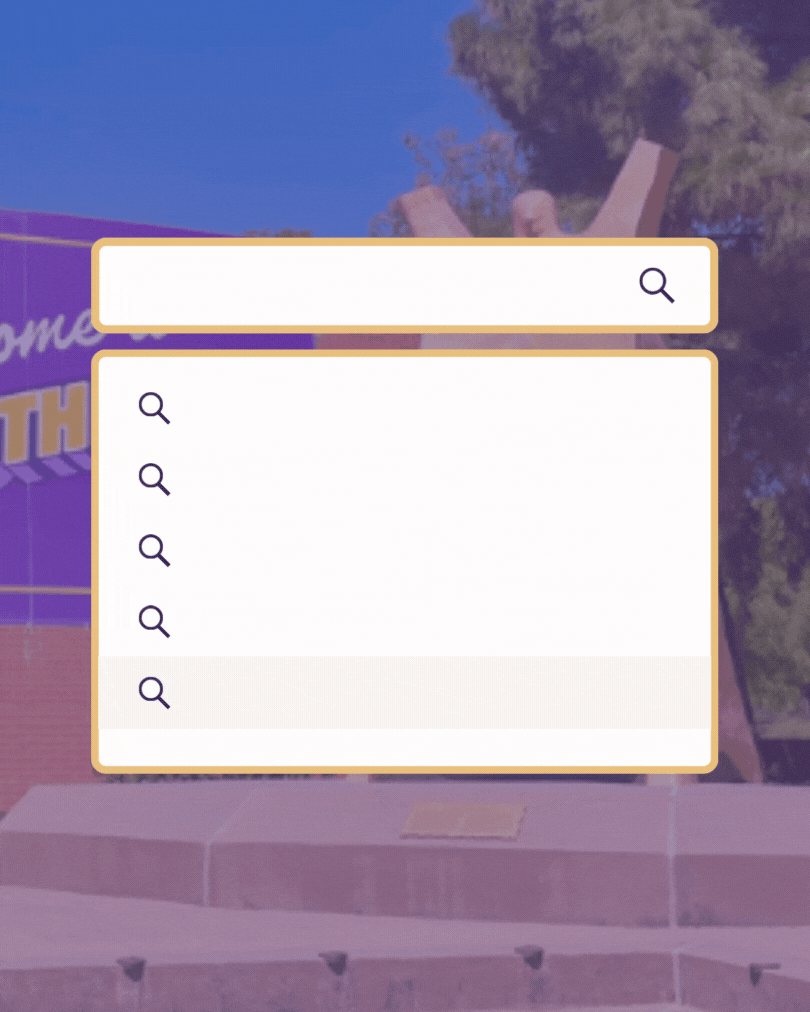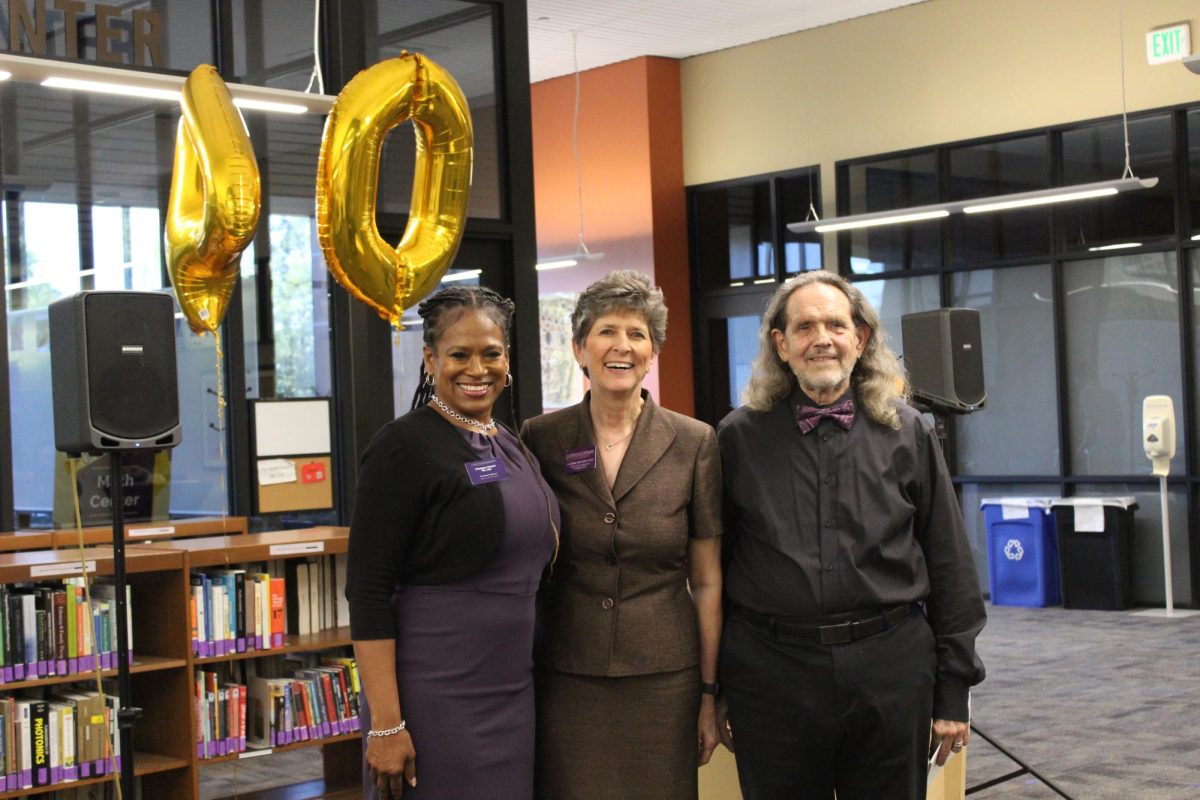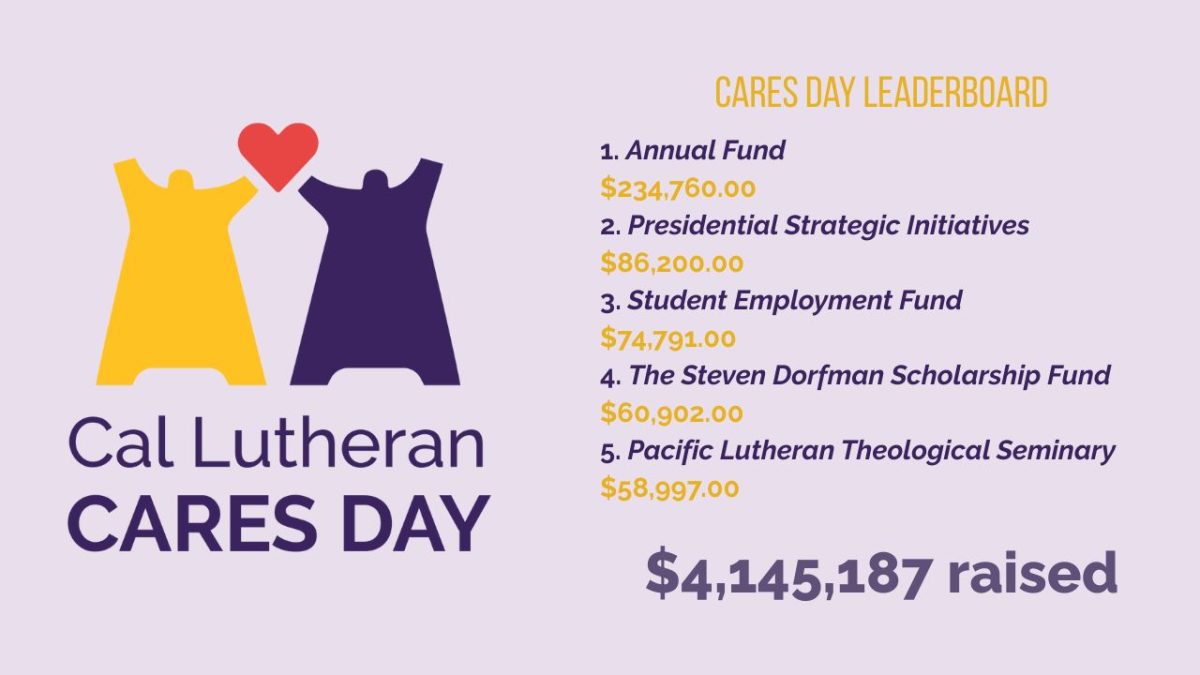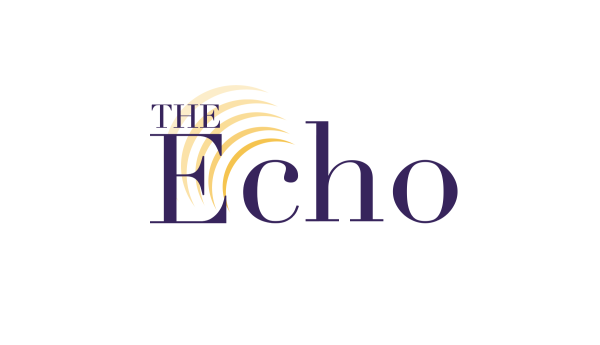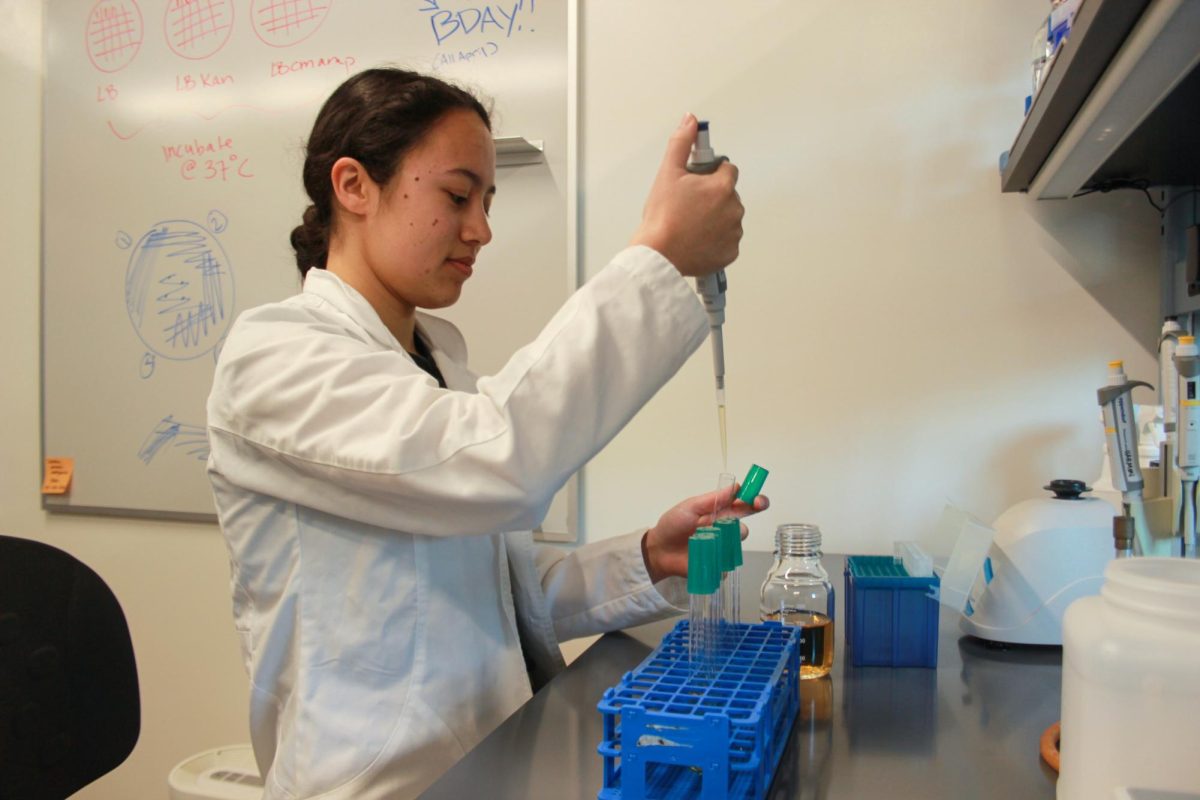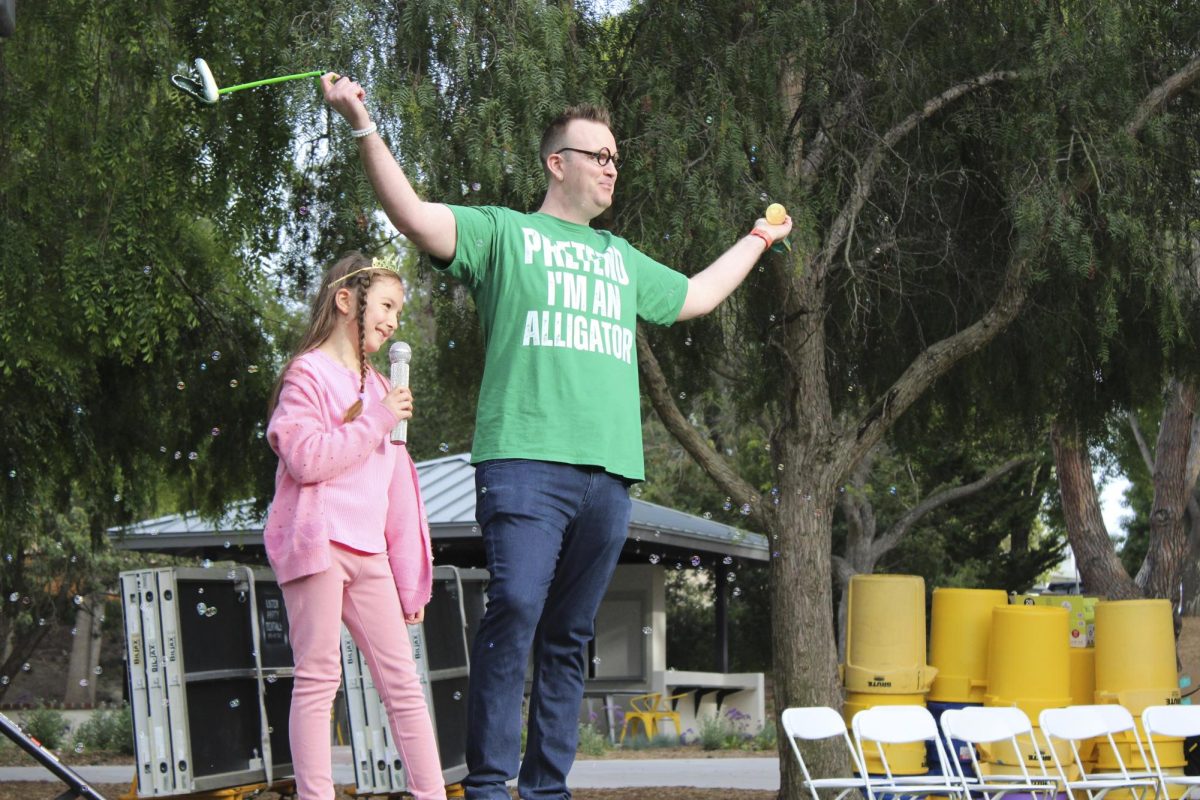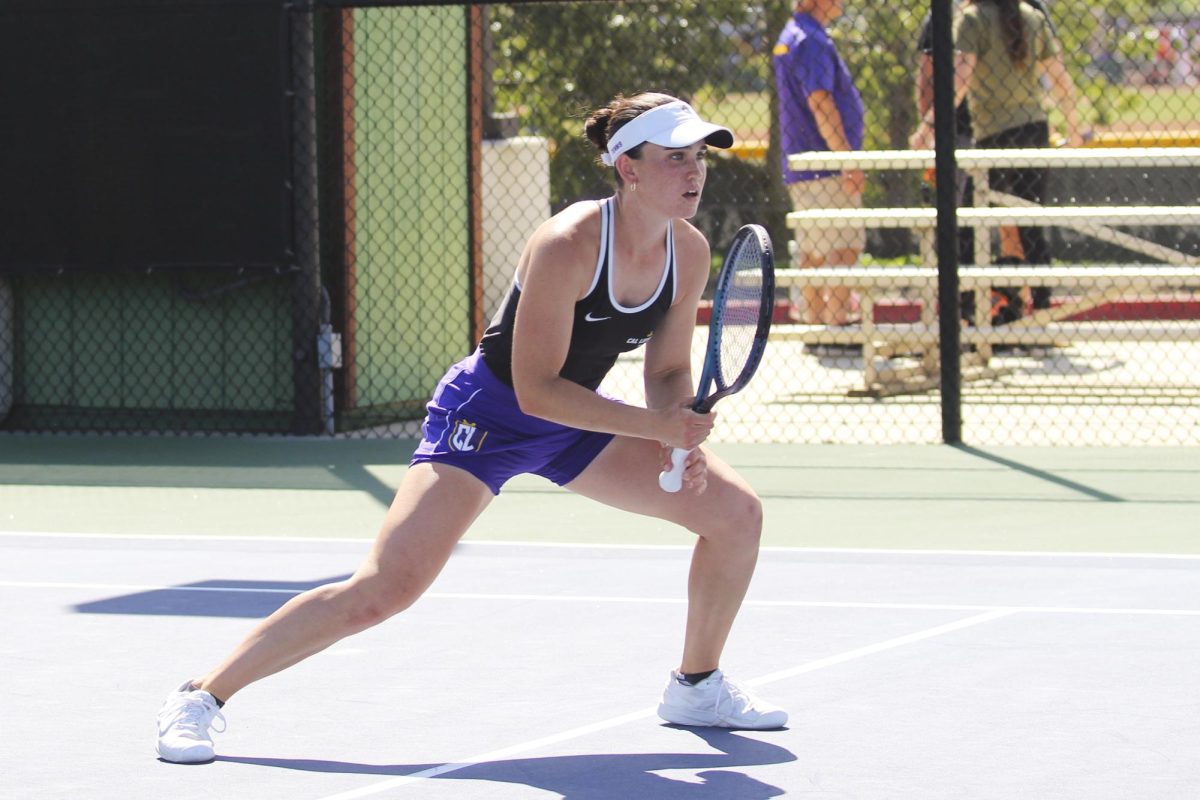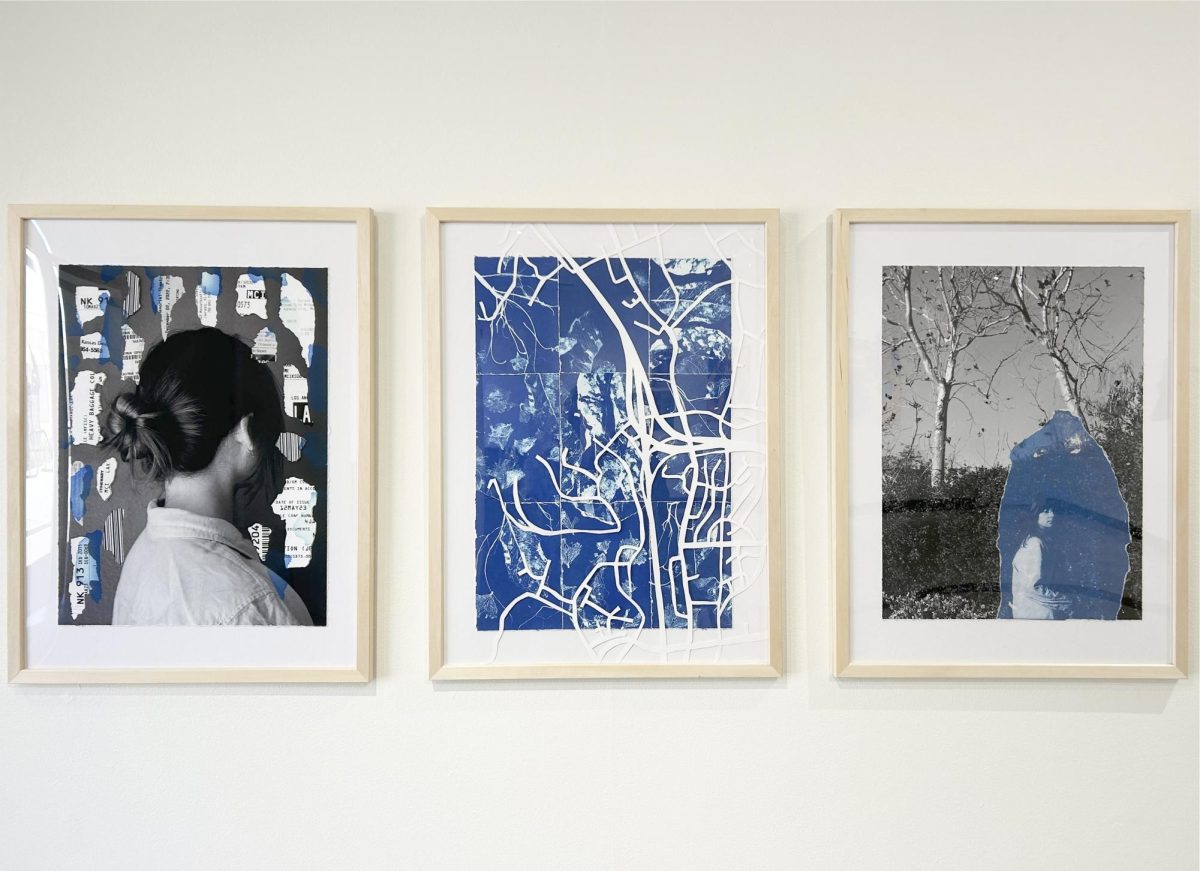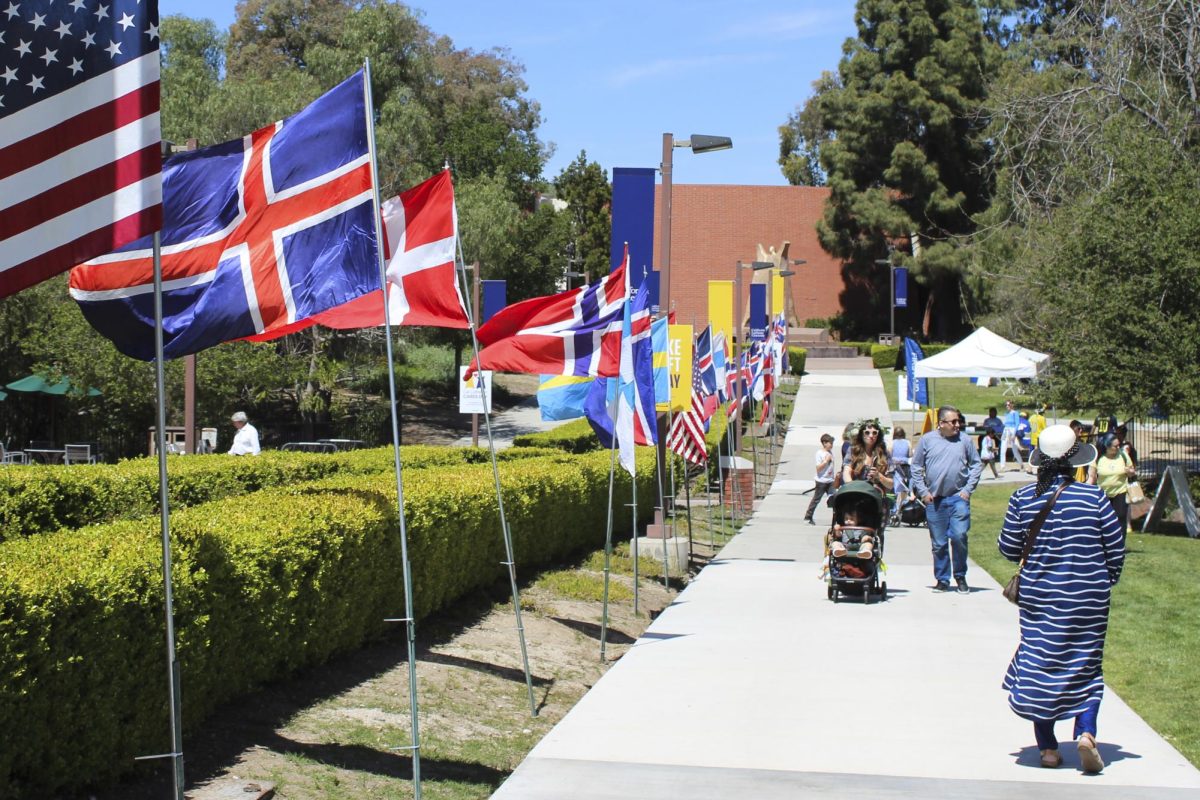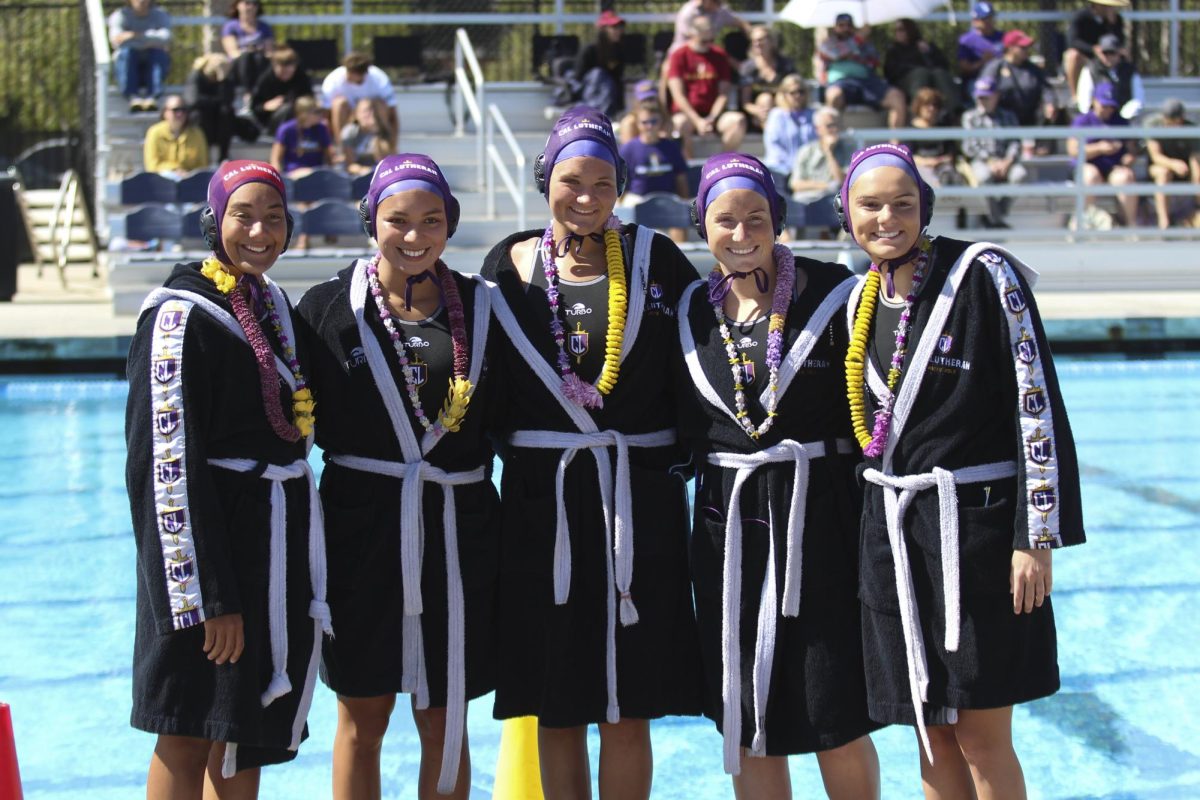Donors of California Lutheran University’s Elton and Janice Gallegly Center for Public Service and Civic Engagement are calling for a reimbursement of funds, following a breach of contract lawsuit filed by former U.S. Congressman Elton Gallegly in November 2021.
Barry Groveman, managing partner at Groveman Hiete LLP, serves as general counsel for Gallegly and his wife, Janice, and represents the 17 donors who contributed to the development of the Gallegly Center at Cal Lutheran.
“They [the Galleglys] feel extremely let down and misled,” Groveman said. “It’s an embarrassment, you can feel it, it’s palpable.”
In an article published by the Simi Valley Acorn, it was reported that on Aug. 31, the 17 donors represented by Groveman Hiete LLP, issued a letter to the university, demanding a reimbursement of funds. The letter cites multiple instances in which the university did not deliver on promises related to the allocation of donated funds.
The Acorn article also reported that the donors are requesting “a comprehensive accounting of all private donations directed toward the Gallegly Center and a review of the entire matter.”
According to an article published in September by the Ventura County Star, the demand letter claimed that Cal Lutheran “bowed to cancel culture” when it began neglecting the Gallegly Center.
The Ventura County Star also reported that on Aug. 31, Groveman’s office delivered boxes of the demand letters to each member of Cal Lutheran’s Board of Regents, which Associate Vice President of Marketing and Communications Mark Berry said was “theatrical.”
Cal Lutheran General Counsel Marvin Richards said Cal Lutheran feels confident in its defense, which includes former President Chris Kimball and current President Lori Varlotta. The Echo reached out to Varlotta for comment, but were redirected to Richards. Richards said the university’s confidence in its defense is part of why Cal Lutheran has been less vocal about the lawsuit in the media.
“Our perspective is we have fulfilled all the terms of the agreement,” Richards said. “When you believe you have a strong legal case, you generally don’t litigate it in front of the media, you litigate it in front of a court.”
Former Cal Lutheran Vice President Steve Wheatly said the development of the Gallegly Center goes back to 2011, when rumors that Gallegly would not run for re-election began to circulate. Wheatley said Cal Lutheran was interested in the preservation of archival material from Gallegly’s time in office, and eventually presented the idea of the Gallegly Center to the former congressman in 2012.
“We met with the congressman in his office in Camarillo, where we started to talk about what this center would look like,” Wheatly said. “From the very beginning, the congressman insisted, he was adamant, that it would not be a school of public policy, because he felt that a school of public policy was too partisan.”
Wheatly said the original plans for the center included four different elements, including a full-ride graduate scholarship program for junior-standing undergraduates, which was developed prior to the Gallegly Center’s completion.
“Essentially, what we were hoping to do was fast-track students who would be identified in their junior year,” Wheatly said. “So, by the time they completed their senior year, they hopefully would, within a year, complete their graduate degree.”
Along with a physical space and replica of Gallegly’s congressional office, Wheatly said the program also planned to include a speaker series, in which prominent public figures would be invited to the university to speak about the importance of public service.
After committing to the project in December 2018, Wheatly said the Galleglys expressed that they did not want to fundraise for the development of the center, and university faculty assured them that Cal Lutheran would take on the responsibility of fundraising. Shortly after, the university formed a committee to garner financial support from donors, including Wheatly, Kimball and then-members of the Board of Regents.
“Most of these individuals we were talking with had no prior relationship to the university, their relationship was with the congressman,” Wheatly said. “We kept getting the same response; ‘Sounds like a nice idea, but if the congressman wants us to get involved, he’ll come and talk with us.’”
The university eventually asked the Galleglys for their involvement in the fundraising efforts, and Wheatly said the Galleglys raised “85-90%” of the money from donor outreach.
Today, the Gallegly Center for Public Service and Civic Engagement is located in the university’s Pearson Library, and is home to archival materials from Gallegly’s time as a congressman, spanning from 1986 to 2013. However, the replica of his office is no longer part of the physical archive, and most of the archived material has yet to be digitized.
Director of Pearson Library Rachel Smiley said the archives are categorized and available for in-person research. Students and faculty must make an appointment and preselect materials prior to being given access, and an itemized container list detailing the contents of all 356 boxes can be found on Pearson Library’s research database.
Groveman said while the archives exist in a physical capacity, its accessibility is limited given the lack of digital materials.
“You take documents that belong to the United States, and put it in the trust of a university, and nobody can really access it,” Groveman said. “There’s great concern that those boxes are not accounting for everything, and it’s making the Galleglys very uncomfortable.”
Berry said in an email interview that the original agreement between Gallegly and the university did not include the scholarship program, nor the speaker series.
“Mr. Gallegly and the university agreed that he would give materials from his archival legislative collection to the school as a gift; he also agreed to the transfer of furniture from his congressional office to the university,” Berry said. “The university agreed to arrange, preserve and catalog the archival collection, and to maintain that collection.”
Berry said the university itself has not canceled any programs within the Gallegly Center, and said any deviations from the plans for the fellows program and speaker series come as a result of a lack of external funding.
“Like all other programs associated with the Gallegly Center for Public Leadership, this one, by contract, must be supported via funds raised,” Berry said. “There have not been enough additional gifts to support additional fellowships to date. The fellows program was not part of the original gift agreement.”
Since its inception, some faculty and students have pushed back against the further development of the center due to the former congressman’s political record as a member of the Republican Party.
Groveman said transcripts from a May 2020 Zoom workshop held by the university included multiple statements from faculty and students advocating for the repurposing of the Gallegly Center, including the removal of the Gallegly name from the building.
In that Zoom workshop, the Ventura County Star reported the transcript attached to the demand letter included a quote from a Cal Lutheran professor who said, “Let’s burn it [CLU] down to the ground and start over. … Let’s occupy the Gallegly Center.”
Groveman said these comments intimidated the administration into halting further development of the center.
“Instead of the administration standing up for the wellbeing of the university, they caved to the pressure of a few students and faculty,” Groveman said.
While the Galleglys have filed a civil lawsuit against the university, Groveman said donors are still considering their options regarding pressing forward with their complaint. According to the Ventura County Superior Court, the civil case will engage in a mandatory settlement conference in May 2024, followed by a 10 day jury trial in June.


